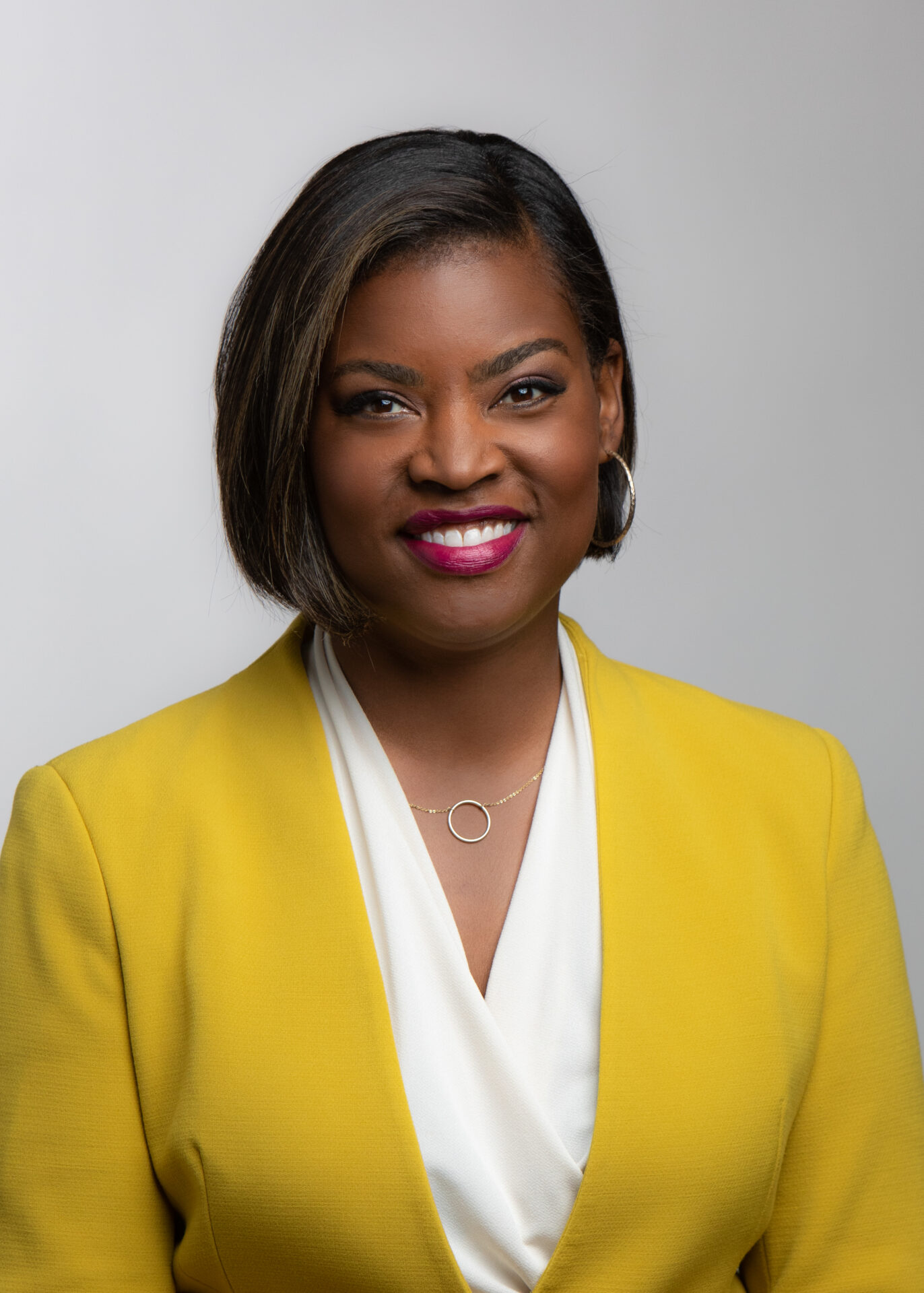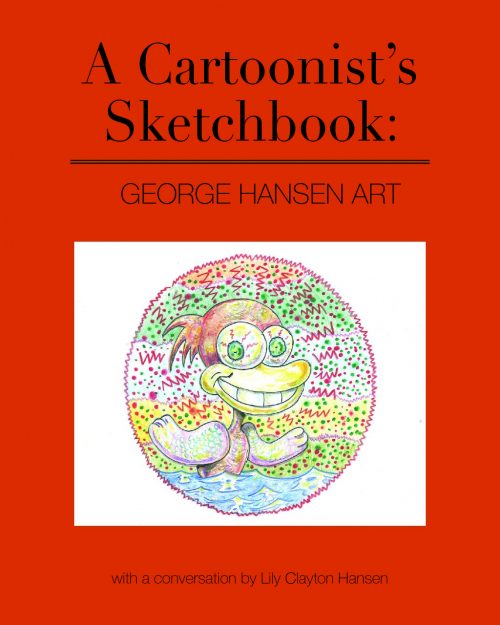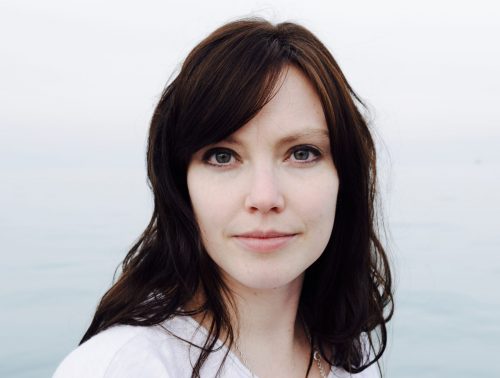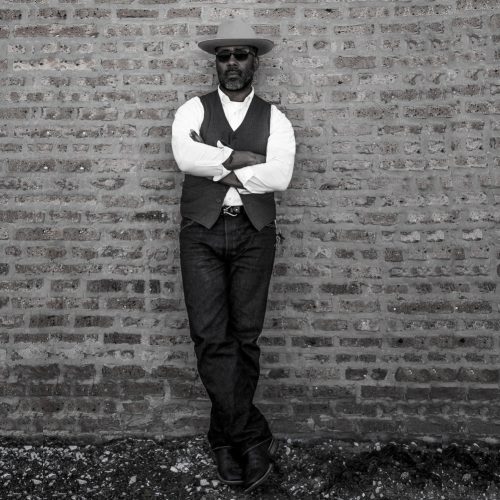Whoever would have ever thought that a Mississippi-bred native could change the public perception of Chicago?
Brandis Friedman is such a skilled reporter that she refuses to answer any questions that she hasn’t thought about. She is cognizant that what goes on the record stays there forever. Understandably, after spending almost two decades on camera the news correspondent, who speaks in sound bites, is thoughtful about her words.
This sensitivity naturally extends to her delivery on shows like WTTW’s “Chicago Tonight” and “Black Voices.” A natural on camera, Friedman is delicate when it comes to her delivery of questions. It is the reason the three-time Emmy winner is finally the face of a show. “Black Voices,” which covers all matters related to Chicago’s African American community, was a daunting task for even veterans. Yet despite her intensity, Friedman is surprisingly lighthearted. She is the ideal person to show Chicago for what it is primarily because she didn’t grow up here. A city that has its problems but also a lot of soul, Chicago is complex. It is also the place where Friedman’s dreams have come true. Painting a fair picture goes beyond doing the right thing by traditional journalism standards. It is also how she shows her gratitude.
“Black Voices” covers touchy topics in a way that feels like you’re chatting from your front porch. Yet intertwined with panel discussions about affirmative action are positive segments about Chicago’s first poet laureate. The show that Friedman co-created demonstrates that Chicagoans are capable of confronting unnerving issues in a healthy manner. It doesn’t skirt around them but rather tells a well-rounded narrative by including heartwarming stories that are usually swept under the rug. The reporter who does more research than five combined is diligent about unearthing them.
By handing the mic to marginalized communities Friedman hopes they’ll be seen as an equal part of the larger picture.
How did you develop your own style of interviewing and approaching your subjects?
Over the years I watched other people who I respected and would try out their techniques. However, I always think of Oprah who tried to be Barbara Walters early on in her career. She said, “I have to be the best version of myself.” I also had a professor who would tell us, “Other people get paid very well to be themselves. Whatever it is that you’ve got, do that.” I’ve never tried to emulate someone. Ironically, I am conflict avoidance which isn’t a great trait in a reporter. Usually, if I am interviewing a politician, I try to slip in the hard questions rather than lambast them. Part of me is afraid of angering a subject. At the same time, if someone walks away from an interview going, “That was great!” I worry that I wasn’t hard enough. They’re not supposed to like it! (Laughs)
In your 8th year in Chicago, in 2020, you launched “Black Voices.” Did you feel pressure as the host, and a non-native, to cover a community that had been abused and misrepresented?
I still feel pressure as a non-Chicagoan hosting “Chicago Tonight” even despite how warm and welcoming the city has been to me. All of my dreams have come true here. There is a little more pressure with “Black Voices” because I want to provide content that the audience finds interesting and valuable. Most of all, I don’t want to get anything wrong. I love hearing from people who are watching the show on days when we wonder if anyone is watching it. There is a little more pressure to get it right and be respectful of the black community here.
Do you mean you wanted to cover the news in the right way?
Exactly. I want to make sure that we cover a story in a way that Chicagoans actually perceive it. We don’t want to misunderstand it or give air to people that don’t represent the population. Early on in the show, we covered a cardiologist who started making metal detectors. It was post-George Floyd when black people felt their communities were being overpoliced. His work, which entailed putting up metal detectors in high schools, could have been misconstrued. Fortunately, we didn’t receive any backlash but it was a touchy subject at the time. At the same time, the “Voices method” has been about doing what we feel is right and seeing what happens. Sometimes we have to just try things out to understand if it resonates.
When the show was first presented to you what was your initial reaction?
It was exciting and also a little nerve-wracking. While some people were worried about how I would handle the extra workload, my reaction was more so “Let’s do it!” The idea was born in the summer of 2020 when protests were still happening and people were lighting stuff on fire in the streets. We launched in September which I saw as an opportunity to feature people who felt they had not been heard for a long time.
Can you tell us a bit about how your show works with grassroots organizations to figure out what is going on in the community and which issues to cover?
I’ll walk you through the process. Our team including producer Erica Gunderson and Supervising Producer Crystin Immel stays pretty dialed into the communities. They know, for example, that the ACLU is filing lawsuits so we need to turn that into a segment about racially biased traffic stops. We also try to have a diverse panel. Sometimes I’ll get an email from a PR representative who will say, “We can offer you the CEO and the COO” but we know they will say the exact same thing. With a story like the tenth anniversary of the Chicago school closings, we’ll try to have someone who experienced it in addition to an alderman or woman. I get a lot of pitches and the producers vet the subjects to see if they have the insights we need. It also can come down to something as simple as scheduling.
Chicago is your primary audience these days. In comparison with other markets, how do you feel Chicagoans approach talking about real topics?
Chicagoans don’t shy away from the tough stuff. While they aren’t aggressive, they are very honest. These are the people who go to work during a snowstorm. Even elected officials don’t shy away from making tough decisions. If they are going to take criticism then so be it. Whether they are giving it or taking it, Chicagoans aren’t afraid of criticism which has forced me to keep working harder at what I do. On the other hand, since I can’t get away with a whole lot of mistakes, I am less risky. I don’t want to get anything wrong. (Laughs) But Chicago is a hard-working city and I respect it a lot.




